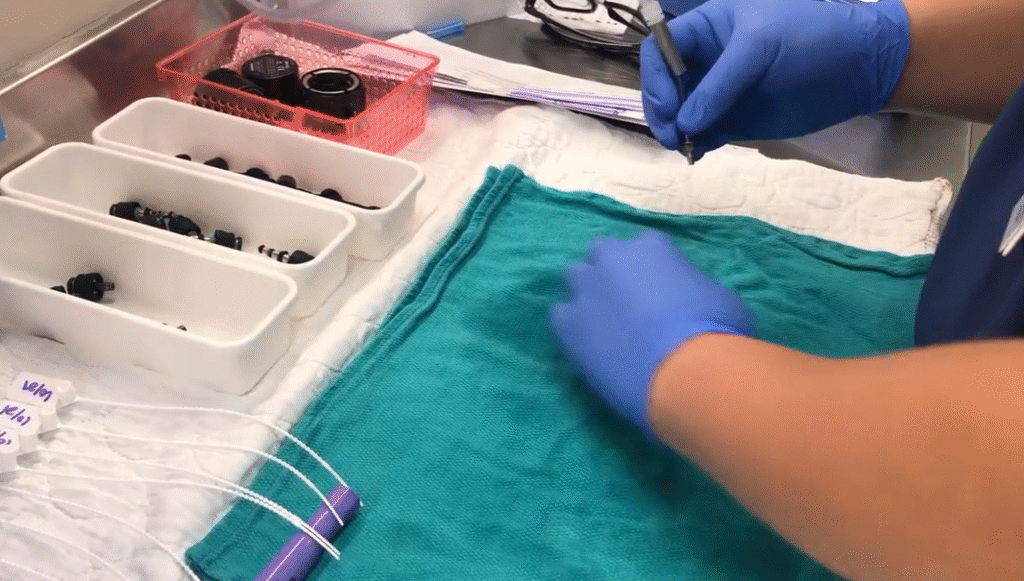A significant turning point for patients whose private information was exposed in the August 2023 cyberattack is the MNGI Digestive Health settlement. This $2,838,749.62 deal is especially helpful for people who are still dealing with the long-term risks of data misuse because it provides a mix of direct payments, reimbursement for verified losses, and medical monitoring.
The ALPHV/Blackcat ransomware group was found to be responsible for the breach, which happened remarkably quickly. A wide variety of private information, including Social Security numbers and comprehensive medical records, was purportedly taken out of MNGI’s systems in a matter of days. The sheer number of compromised records—more than 767,000—was what made the incident remarkably reminiscent of other recent healthcare breaches.
According to court documents, a startling list of data categories were made public, including names, dates of birth, insurance information, driver’s license and passport numbers, payment card information, financial account information, and even biometric identifiers. Drawing comparisons to well-documented shortcomings in prior hospital and clinic data incidents, the lawsuit claimed that MNGI had neglected to put in place security measures that could have greatly decreased the likelihood of such a breach.
MNGI Settlement – Case Overview
| Item | Details |
|---|---|
| Name | MNGI Digestive Health, P.A. Settlement |
| Settlement Amount | $2,838,749.62 |
| Incident | August 2023 data breach and ransomware attack |
| Class Size | Approximately 767,670 affected individuals |
| Allegations | Negligence, breach of fiduciary duty, violations of state and federal privacy laws |
| Benefits | Up to $10,000 reimbursement for documented losses, two years of medical monitoring, pro rata cash payments |
| Deadline to File Claim | September 4, 2025 |
| Deadline to Opt Out or Object | August 5, 2025 |
| Final Approval Hearing | September 4, 2025 |
| Reference Link | https://www.mngisettlement.com |

Instead of enduring the protracted stress of litigation, MNGI decided to resolve the matter without acknowledging any wrongdoing. The terms of the settlement provide a very clear description of the compensation. Claims for unreimbursed losses, such as costs associated with freezing or unfreezing credit or fraudulent tax return expenses, may be filed by class members. Up to $10,000 per person, claims can even be made for mileage, postage, and the worth of unpaid time spent resolving breach-related issues.
People without a history of financial losses are not disqualified. CyEx medical monitoring, a service that is very effective at identifying unauthorized use of health information, will be available to all class members for two years. The remaining settlement money will be disbursed as pro rata cash payments following the payment of legal and administrative fees. This dual structure, which combines monitoring and compensation, is especially creative because it guarantees both preventative and immediate support.
In Hennepin County, Minnesota, the case began as several distinct lawsuits that were ultimately combined into a single action. In addition to violating various Minnesota statutes, the plaintiffs accused MNGI of negligence, negligence per se, breach of fiduciary duty, unjust enrichment, and breach of implied contract. As cybercriminals increasingly target the healthcare industry, the arguments highlighted that the organization’s cybersecurity protocols were not in line with industry standards.
According to observers, this settlement has the potential to significantly impact precedent-setting in cases of a similar nature. It marks a change toward more thorough remediation in data breach litigation by providing both protective services and financial relief. Additionally, it serves as a public reminder to other healthcare providers that settlement checks might be more expensive than prevention investments.
Consumer rights advocates are trying to make sure eligible people are aware of the process as the final fairness hearing is set for September 4, 2025, and claim deadlines draw near. For those thinking about taking independent legal action, the deadline of August 5 to object or opt out is equally significant.
The MNGI settlement emphasizes the need for more robust legislative protections from a wider angle. Despite being fundamental, HIPAA was never intended for the scope of data targeting that exists today. Updated safeguards that keep up with the speed and complexity of today’s cyberattacks are being demanded by lawmakers and patient advocacy organizations.
Cases such as these have broad societal ramifications. When patients believe their data is secure, trust in healthcare organizations is very dependable. However, when breaches happen, that trust can be quickly damaged. In addition to providing MNGI with an opportunity to regain trust, the settlement encourages industry-wide discussion about preventative measures.
Choosing medical monitoring, filing claims, and assessing long-term vigilance are all crucial decisions for those impacted. Considering the possible expenses of identity theft, participation is a surprisingly inexpensive type of personal data insurance because it offers the chance to obtain both monitoring and compensation.
The lessons for healthcare providers will endure even after the court’s final approval closes the legal chapter. The MNGI case is a particularly stark reminder that protecting patient data is not just required by law, but also by moral and practical necessity. Furthermore, the cost of carelessness is not only monetary; in an era where private data can be exchanged like commodities, the hardest thing to repair is the damage to trust.

